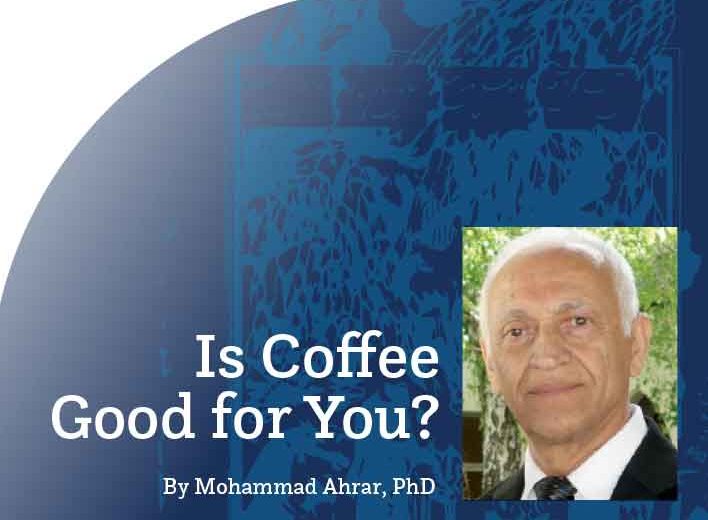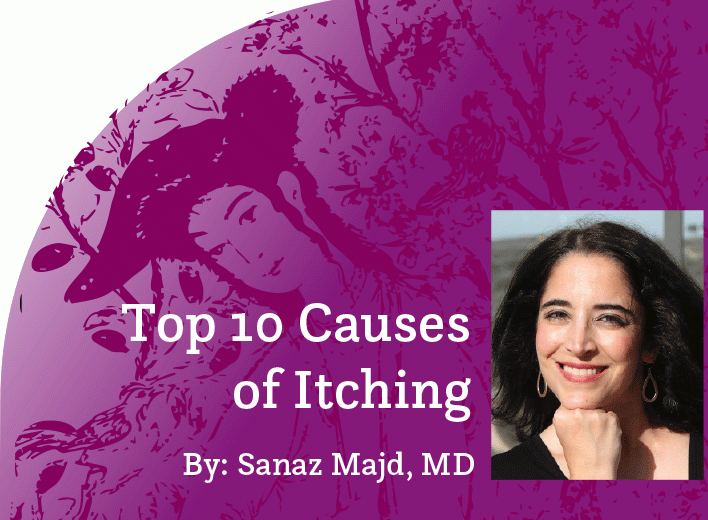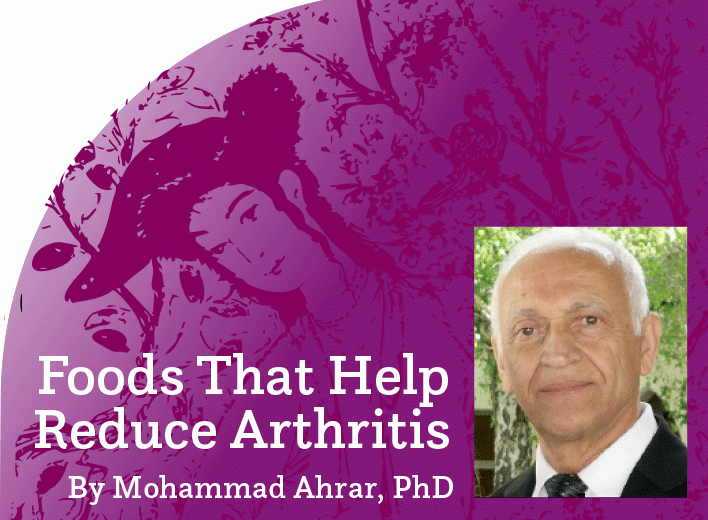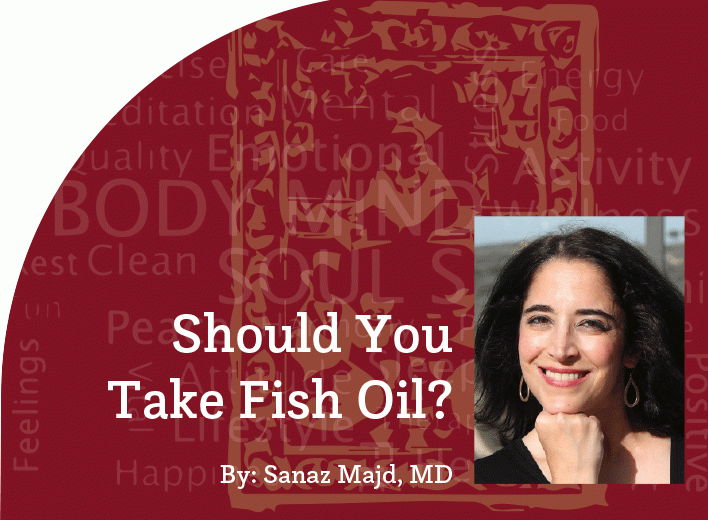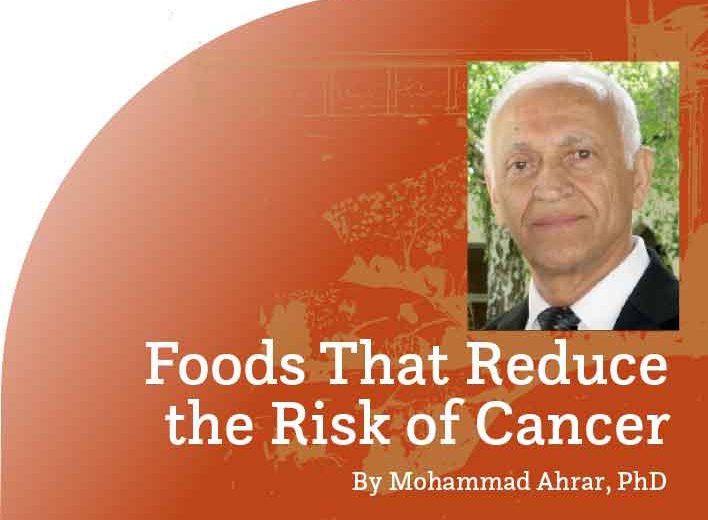It is vital to remember that the COVID-19 virus is one like we have never seen before, hence its previously assigned name “novel” coronavirus. We are still learning how it behaves since its birth in December 2019. At this moment in its infancy, in order to answer many of your questions, we need to draw some conclusions based on how its cousins Middle East Respiratory Virus (MERS) and Severe Acute Respiratory Syndrome (SARS) behaved, both also coronaviruses.
Also note that this pandemic is very rapidly evolving, with new information released up to multiple times a day. This is common with any new viral outbreak. And much of the statistical data that we have is still based on how this virus behaved in China. Therefore, the information we have today may change tomorrow as we learn more about how it behaves in the United States and other countries.
But here are some of the most common questions about this pandemic and their answers based on the information that we have available today:
Question: There are rumors that two groups of drugs used to treat hypertension called Angiotensin Converting Enzyme (ACE) Inhibitors (examples are lisinopril and benazepril) and Angiotensin II Receptor Blockers (ARB) (examples are losartan and valsartan) may increase the chances of contracting the COVID-19 virus. Should I consider changing my blood pressure medication?
The fear is that the COVID-19 virus, like the coronavirus strain that caused SARS, binds to certain receptors (or doorways of sorts) called ACE-2s on the lung cells of people taking these medications, and that these drugs may actually upregulate (or increase) the levels of these receptors and the virus may then enter the cells. So the concern is that there may be an increase in the COVID-19 susceptibility of the people treated with these medications as a result. But so far there is no real evidence of this.
In fact, the American Heart Association (AHA) and various other expert groups have issued a joint statement to dispel this since the claim surfaced. The AHA strongly recommends that patients continue treatment with their current blood pressure medications because there is no clinical or scientific evidence to suggest that treatment with ACE inhibitors or ARBs should be discontinued right now because of the COVID-19 infection.
Question: There are also rumors that taking ibuprofen may exacerbate COVID-19 symptoms. Is this true and, if so, what can I take instead?
The suggestion is that the ACE-2 receptor is also upregulated not only in those who take ACE-Inhibitors and ARBs, but also in those who take ibuprofen, naproxen, and other anti-inflammatories. There has also been a suggestion that the COVID-19 virus binds and uses this receptor to enter our cells more easily as a result. But, again, there is no basis for these claims.
The U.S. Food and Drug Administration (FDA) and various expert groups have responded by stating that there is no evidence that taking these groups of drugs plays a role. The World Health Organization (WHO) even responded that they do not recommend against the use of ibuprofen and that there is no scientific evidence behind these claims.
However, if acetaminophen (the generic for Tylenol) is as effective to treat your symptoms, it can often be taken in lieu of anti-inflammatory medications to treat aches and pains. But of course you should always run it by your own physician.
Question: How can I best handle touching packages that I’m receiving at home?
According to the Center for Disease Control (CDC), we know that coronaviruses, such as SARS and MERS, do not tend to survive well on surfaces, and are unlikely to spread from packages that are shipped over days or weeks. It is not the main way this virus seems to spread. It primarily spreads from people-to-people via respiratory droplets in the air from those who cough or sneeze and then release these droplets within 3 feet of their vicinity. This is the reason for the 6 feet social distancing, to allow some extra safety room in addition to that 3 feet.
So far, no positive cases of COVID-19’s spread via mailed packages have been reported in the U.S. But if you are still concerned about handling mailed packages, simply recycle the box after opening, while careful not to touch your face, and then wash your hands right after.
Question: Who is considered higher risk?
The case fatality rate (CFR), which is the ratio of deaths over positive cases, will vary depending on how healthy infected people are. Most of the information we have had up to now is from China, but the CDC just released a report confirming China’s findings that the most high-risk medical conditions currently seem to be:
Cardiovascular disease
Diabetes
Chronic lung disease
Hypertension
Cancer
And the CDC recently added two more chronic conditions to the list:
Smoking
Kidney disease
Note that the CFR will also vary by age. That is, according to China, most deaths have occurred in those age 60 or higher, with the rate increasing with each decade significantly. Children are deemed the lowest risk, but note that they are often carriers who pass it on to vulnerable adults.
The CFR reported for various age ranges include:
60-69 years old = 3.6% CFR
70-79 years old = 8% CFR
>/= 80 years old = 14.8% CFR
As we obtain more studies and statistics from the U.S. and other countries through time, we will be able to answer this question more thoroughly.
Question: Is it true that water consumption every 15-30 minutes will reduce the risk of infection with COVID-19?
Absolutely not. This is one of those false COVID-19 myths that have spiraled out of control. Drinking water will not decrease the risk of getting infected. However, if you get sick and unable to keep fluids down, the dehydration can significantly increase your risk of landing in the hospital. So, if you are sick, make sure you’re drinking plenty of fluids. Otherwise, simply drink to thirst.
If something sounds suspicious, please question it and seek scientific evidence.
Questions: The CDC is now recommending face cloth coverings for all essential outings. But what about gloves? Should I wear gloves when out shopping?
Wearing gloves does not seem to be very helpful or protective. I often see shoppers who are wearing gloves touching pieces of fruit, placing it back in the produce pile, then picking up their phone to text, touching their hair/face, then their cart, then opening up their wallets or handling their credit card — all while using the same pair of gloves.
Think of all the surfaces you touch. If you are planning on touching your personal belongings and/or yourself and then touching any of your purchased products or shopping cart (and vice versa), you have just cross contaminated everything.
And what happens when you leave the store? You still have the items that you have purchased in your car trunk that you have touched using the same gloves that you used to touch the shopping cart. And do you wear the gloves until your ride back home? What about your steering wheel? Where do you dispose of your gloves if you are to take them off after leaving the store?
It does not have to be complex, and simply requires a bit of common sense. Instead of gloves, simply avoid touching your face the entire shopping trip, and after leaving the store then cleanse your hands in the car for at least 20 seconds with hand sanitizer. When you arrive home, wash your hands.
Question: Where can I obtain a mask?
As a last plea, please leave surgical and N95 masks alone — there is a very serious shortage amongst medical facilities on the front lines and trenches. The CDC recommendations are to cover your mouth and face with a cloth covering. Using a simple scarf or homemade mask will suffice. There are various resources online with instructions on how to create your own mask (see one below).
To learn more, please refer to several YouTube videos I have dedicated to this topic where I dive in to a greater depth. And here are a few credible sources of information on the COVID-19 pandemic for those of you seeking to learn more:
CDC: www.cdc.gov/coronavirus
WHO: www.who.int/coronavirus
Podcast COVID-19 Commonsense Conversations on the Coronavirus Pandemic, hosted by physician Dr. Ted O’Connell: https://tinyurl.com/tes6dgk
CDC recommendations for cloth coverings (and instructions on how to create your own): https://tinyurl.com/uxphvl2
Please stay home, stay safe, and stay healthy.
Sanaz Majd, MD, is a board-certified Family Medicine physician who hosts a health YouTube channel, reviewing the latest medical topics, news, and headlines: www.youtube.com/MajdMD. You can also follow her on Facebook, Twitter, or Instagram: @SMajdMD.



